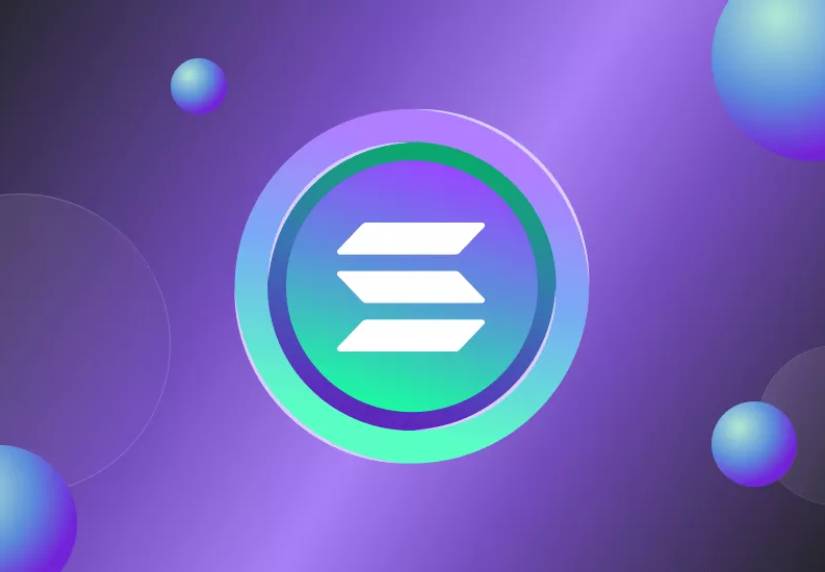TL;DR
- Solana has raised over $500 million in DEX fees, sparking debate about their impact on end users.
- Pump.fun, with over 48,000 daily users, has recorded $5.3 million in daily revenue but faces criticism for focusing on quantity over quality in token launches.
- Additional fees in SOL, such as priority fees and validator tips, increase costs for users and reveal inefficiencies in the network.
The activity in Solana’s decentralized exchanges (DEX) has revealed a significant extraction of value from the network, with over $500 million collected in fees. This figure has sparked a debate about the impact of these fees on end users and the sustainability of the applications operating on this blockchain. While fees are an indicator of high activity and a positive sign for the network, they also represent a hidden cost for those interacting with decentralized applications.
One of the standout platforms is Pump.fun, which has seen a notable increase in daily active users, surpassing 48,000. This application has reached record daily revenues of $5.3 million, establishing itself as one of the main fee generators on Solana (SOL).
calculated the value extracted from memes on solana:
– trading bots: 229.8m
– pumpfun: 89m
– MEV: rough approximation ~200mTOTAL: 518m extracted
+ 270m lifetime raydium fees (not all memecoins tho)
+ SOL locked in memecoin LPs
+ extraction by insiders— 0xngmi (@0xngmi) August 13, 2024
However, Pump.fun’s growth has not been without criticism. Some users have expressed concern about the accelerated token creation on the platform, which may be driven more by fee generation than by optimizing user experience. This situation has culminated in the community calling for the platform to focus its efforts on improving the quality of token launches rather than on quantity.

Up to 39% of Transactions Fail on Solana
Another key player in the Solana ecosystem is JitoSOL, which has also recorded substantial revenue, reaching $12.6 million in weekly fees. These fees come primarily from tips for including transactions in blocks, drawing comparisons to Ethereum, where users are accustomed to paying high fees to ensure their transactions are processed.
However, the increase in fees has also revealed certain inefficiencies in the Solana network. Despite low basic transaction fees, additional fees such as priority fees and tips to validators have increased costs for users. Moreover, the network continues to face a high rate of failed transactions, reaching 39%, which has caused frustration among users trying to interact with SOL-based applications.


